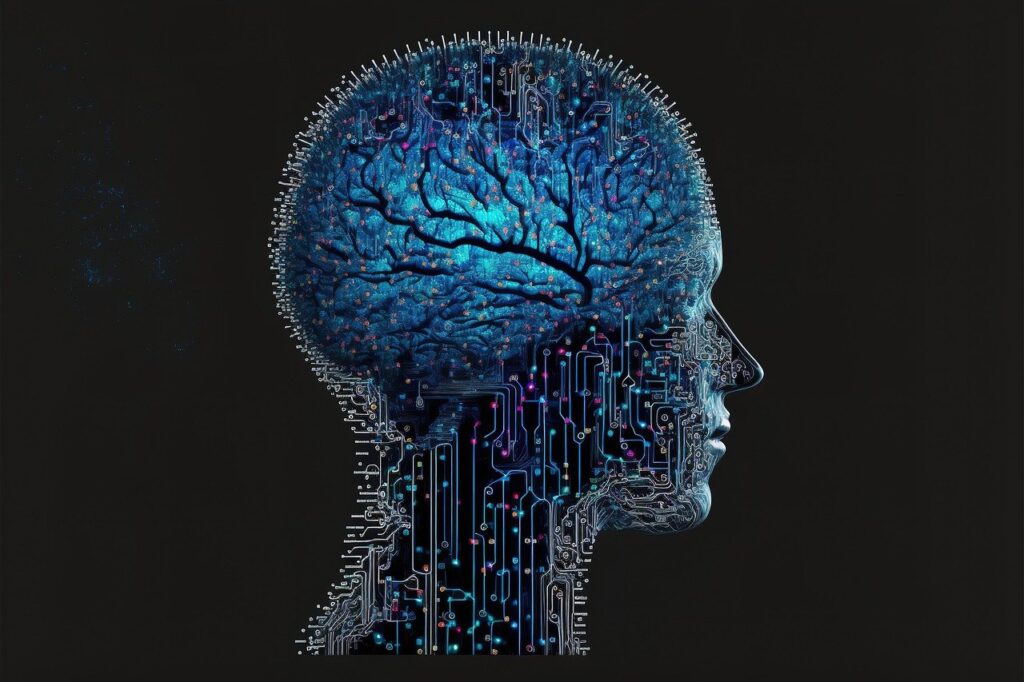Recent research from MIT has revealed fascinating insights into how our brains navigate space. Scientists have discovered that merely thinking about a location can activate the brain’s internal GPS, enhancing our understanding of spatial memory and cognition.
The Brain’s Navigation System
The study, led by neuroscientists at MIT, focuses on the hippocampus and entorhinal cortex, areas of the brain known for their role in navigation and memory. Using functional MRI, researchers observed that these brain regions are activated when participants think about familiar locations, even without physical movement.
Key Findings
- Mental Maps Activation: The study found that simply imagining a location can trigger the brain’s navigational circuits, akin to actually being there. This suggests that our mental maps are not just passive records but active systems that help us plan and navigate.
- Role of Spatial Memory: The activation of these brain areas indicates that spatial memory is integral to how we mentally traverse environments, suggesting a complex interplay between memory and navigation.
- Potential Applications: Understanding how mental maps are activated could have implications for treating memory-related conditions such as Alzheimer’s disease, where spatial navigation is often impaired.
Implications for Neuroscience
This research sheds light on the brain’s remarkable ability to process spatial information. It highlights the importance of mental imagery in navigation, suggesting that our brains continuously map out and store spatial data, ready to be activated when needed.
Future Research
Further studies could explore how these mental maps are formed and how they might be strengthened or rehabilitated in individuals with memory impairments. Researchers are optimistic that these findings could lead to new strategies for cognitive therapies and enhanced navigation aids.
Conclusion
MIT’s groundbreaking research into the brain’s GPS reveals that our mental maps are more dynamic than previously thought. This insight into how the brain processes spatial information not only enhances our understanding of human cognition but also opens new avenues for medical and technological advancements.
Article Source
Image by Kohji Asakawa from Pixabay









